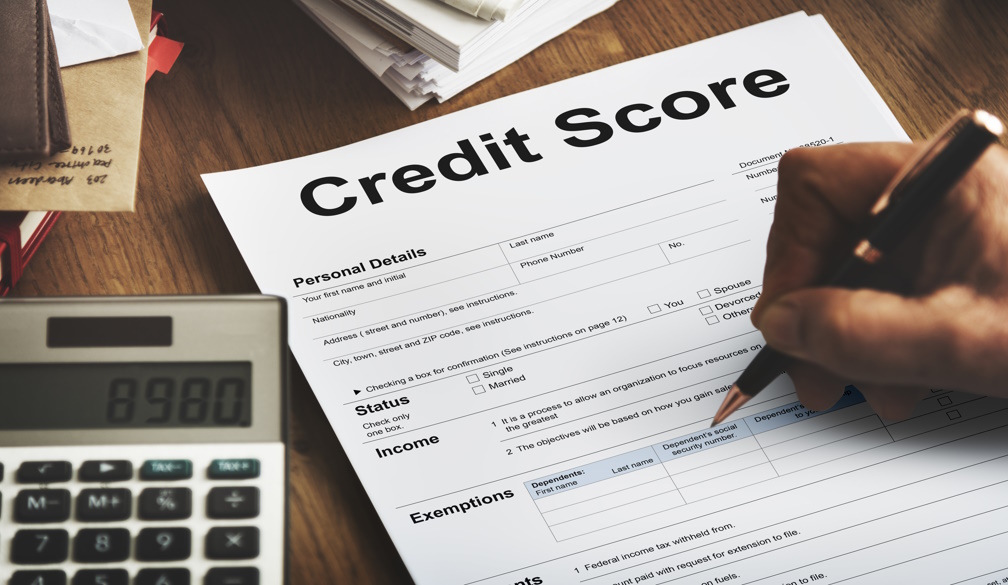How Debt Consolidation Affects Your Credit Score — and Why It Might Be Worth Considering

Image by rawpixel.com on Freepik
With more Aussies now using services like ClearScore to monitor their credit scores, understanding how everyday financial decisions affect your credit profile has never been more important.
One common question people have is: If I consolidate my debts, will it hurt or help my credit score?
The answer: it depends on how you manage the process. Done well, debt consolidation can actually support a stronger credit profile over time. Here’s why.
The basics of debt consolidation
Debt consolidation means combining multiple debts into one — usually through a personal loan. You use that loan to pay off your other debts, then focus on repaying just the new one.
It’s not about ‘wiping’ your debt, but rather simplifying it. You get a single interest rate, one repayment to track, and a structured plan to pay it off.
What it means for your credit
Thanks to Australia’s move to Comprehensive Credit Reporting (CCR), your credit report now shows more than just missed payments or defaults. It includes your repayment history, credit limits, and how consistently you pay on time.
That’s important because:
-
If you use a consolidation loan to clear other accounts and make timely repayments, this can build a positive credit history.
-
Your credit utilisation ratio (how much of your available credit you’re using) may improve, especially if you pay off revolving debt like credit cards.
-
Having fewer open credit accounts can reduce the perceived risk in your profile.
But it’s not all upside. Applying for a new loan creates a credit enquiry, which can temporarily lower your score. And if you fall behind on your new loan repayments, the impact could be worse than if you’d stayed with your original debts.
Should you consolidate?
If you:
-
Have multiple debts with different interest rates and due dates
-
Can qualify for a loan with better terms
-
Want a clear path to becoming debt-free
… then consolidation might be worth exploring.
But it’s important to compare all costs, check your budget, and avoid using old credit lines once they’re paid off. Otherwise, you could end up with even more debt.
Some lenders offer flexible, personalised debt consolidation loans that are designed for people who want to rebuild their credit — not just get a quick fix. The right solution will always depend on your circumstances, but it’s empowering to know the options exist.
With the right approach, consolidating your debt could be a step toward not just financial relief — but a stronger credit future.









